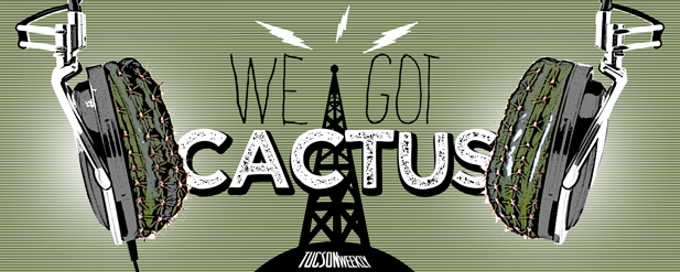Friday, March 1, 2013
Attractive Nuisance #5: Johnny Adams
File #5: Johnny Adams, Heart & Soul (1969, SSS International)

This is not a happy story. Last year, the very good garage-blues duo the Black Keys—who have swelled out their lineup for live purposes—played to a lot of people; like, a lot of lot of people. In 2012, the Black Keys headlined its first arena tour, where they managed to do considerably brisk business, including selling out Madison Square Garden in 15 minutes. Meanwhile, just over a week ago Chicago blues legend Magic Slim passed away at 75. Throughout 2013, Slim, whose performances of the iconic electrified and crackling Chicago blues embody the DNA written into the sound of the Black Keys, played midsized venues to the devout.
Now, this isn’t a space to make the kind of leap in logic that seems to be encouraged online, nor is it a space to be patrician about taste and music. As aforementioned, the Black Keys may seem an odd choice to sell out Madison Square Garden in 15 minutes, but their music is good, or, as with Rubber Factory and El Camino, sometimes even great. Similarly, the group has submitted to the current rite-of-passage of endless road tripping in pursuit of the accolades and acclaim that earns groups coveted live venues and fans. Similarly, Magic Slim and his trusty group the Teardrops may well have loved the recognition they received, and Slim, if he was any bluesman at all, likely gave a shit anyway; so long as he had his guitar and his forum.
This lengthy preamble is to say: there will be no rediscovering of Johnny Adams as an obscure, toiling, and profound live performer, as the marvelous, cherub-voiced soul singer of this week’s column died in 1998 after a long battle with prostate cancer. We can, however, borrowing from the title of one of his finest songs, a tremulous, soulful burner, “Reconsider Me.” Adams may have long shuffled off the mortal coil, but his music remains as a treasure trove well worth the time, money, or effort necessary to fully explore it. The best place to start, and a veritable primer of his prowess, is Heart & Soul, a collection of his finest work from 1962-1968.
As a compilation, Heart & Soul is replete with Adams' astonishingly full-bellied soul—searching and salutatory, dramatic and light—fitting comfortably alongside such classics of the form as Songs in the Key of Life, Going to a Go-Go, What’s Going On, and Otis Blue. Additionally, like Stevie, Smokey, Marvin, and Otis, Adams' vocals are an unearthly treasure; muscular, smooth, and endlessly energetic and emphatic, they can transform even a pedestrian soul shuffle into a Midas-laced paean or ballad.
On Heart & Soul, Adams' ranging pipes are framed by a delectable mélange of ‘60s gospel, soul, pop, blues, country, and funk (sometimes in the span of a single track). Adams' vocal depth was complex enough to warrant the peculiar nickname of “the Tan Canary” in his native New Orleans. On the organ-haunted “If I Could See You One More Time” his voice bolsters heartache and resilience in convincing fashion. The bouncy country-funk and nostalgic lyrical trail of “Georgia Mountain Dew” provide a giddy, melancholy counterpart to Adams' throaty proclamations. Meanwhile, his occasionally trembling, occasionally deafening notes on “Real Live Living Hurtin’ Man” seem to yank the accompanying musical waltz out of the song’s organ, drums, and guitar. Elsewhere, “I Won’t Cry,” infamously produced by a teenage Dr. John (Mac Rebennack, at the time), shows Adams' in pristine doo-wop mode, staunchly cajoling self-reassurances from deep within his diaphragm.
Unfortunately, Adams would never enjoy the acclaim or career of the soul giants he comfortably belongs alongside—the closer on Heart & Soul, “Untitled,” is an elastic funk tune that may be influenced by the twitching, squeaky vocals of James Brown, but is too strong to merely genuflect before them. Perhaps Adams own wandering musical choices, including his extended turn as a jazz crooner and his excursions into neo-disco funk (Adam’s disco string-soaked take on “Spanish Harlem” is to be sought out), limited his audience. Regardless, we have already established that fame and acclaim do not equate to happiness (remember all those mid-life birthday wishes to a long-deceased Kurt Cobain last week…), so we must instead relish Adams' legacy: an extraordinary voice containing all the pain and joy of human experience. Then again, maybe it is a happy story.
Tags: johnny adams , attractive nuisance , heart & soul











